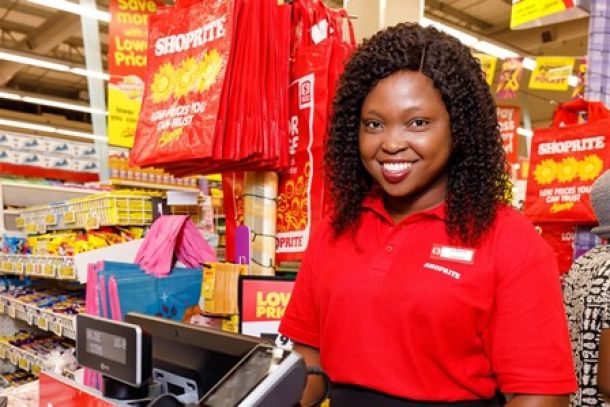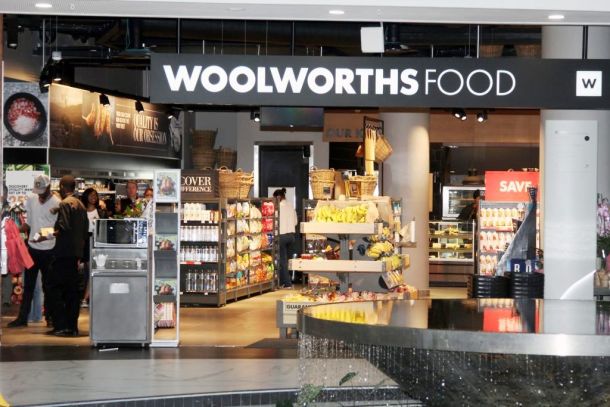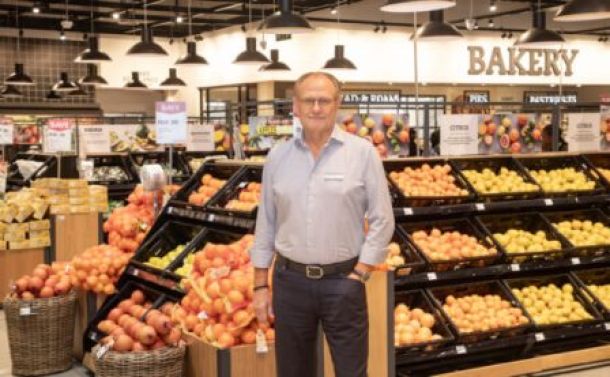Load shedding and tough economy bite Woolworths
South African retail group Woolworths says that a constrained economy and power supply issues negatively impacted its operations in the half year period ending 29 December 2019 – but its food sales remained resilient.
In a voluntary trading statement on Monday (27 January), the group warned that its headline earnings were expected to be 15% to 20% lower over the period, when compared to the comparable period before.
The performance was due to the aforementioned trading conditions, and also reflected the group’s switch to IFRS 16 accounting standards, which includes the cost of leasing, often a large chunk of retailers’ operational costs, which was previously excluded.
Excluding these costs would still see a decline, however, just lower at between 7.5% and 12.5% down on the previous period.
“The 2019 financial year had a 53 week year, which resulted in a shift in trading weeks in 2020 compared to the prior financial year. This shift resulted in the Christmas week, including Boxing Day which is a significant trading day in Australia, falling into the first half of the current year compared to the second half of the prior year,” Woolworths noted.
It expects headline earnings per share to be lower at 160.3 to 170.3 cents, versus 200.4 cents previously.
Performance
Woolworths Fashion, Beauty and Home sales and comparable store sales both grew by 2.2% and by 0.9% after adjusting for the shift in trading weeks. Price movement in Fashion categories was
4.0% and overall net space growth was 1.2%.
Woolworths Food sales increased by 8.1%, and by 7.8% after adjusting for the shift in trading weeks, with comparable store sales 5.4% higher and price movement of 5.1%. The business has maintained positive volume growth for the period and continues to grow market share. Net space growth was 4.0%.
The Woolworths Financial Services book reflected positive year-on-year growth of 8.3% as at the end of December 2019. The annualised impairment rate for the six months ended 31 December 2019 was 3.3% (six months ended 31 December 2018: 3.2%).
In Australia, David Jones sales for the period increased by 4.9% and were 0.5% lower after adjusting for the shift of the Christmas week. Comparable store sales (which include online) were 0.4% lower after adjusting for the trading week shift. Online sales grew by 61.8% and now comprise 10.4% of total sales. Net space increased by 1.2%.
Country Road Group sales declined by 2.5%, and increased by 3.3% excluding the sales impact of the Myer exit. Comparable store sales (which include online) grew by 0.1% after adjusting for the shift in trading weeks. Online sales in Australasia grew by 6.2% and now represents 21.4% of total Australasia sales. Net space in the Country Road Group reduced by 8.1%.
News Category
- International retailers
- On the move
- Awards and achievements
- Legislation
- Wine and liquor
- Africa
- Going green
- Supplier news
- Research tools
- Retailer trading results
- Supply chain
- Innovation and technology
- Economic factors
- Crime and security
- Store Openings
- Marketing and Promotions
- Social Responsibility
- Brand Press Office
Related Articles

Shoprite Group's affordability focus wins with ...

Woolworths expects 19% cut in full-year earnings

Pick n Pay plunges 16% on JSE as stock adjusts ...

Clicks reports resilient first-half as earnings...


